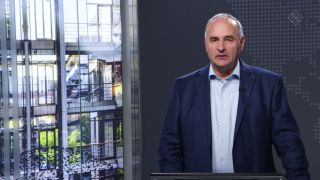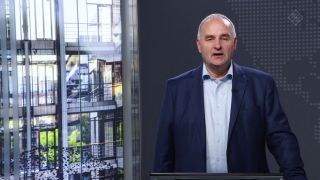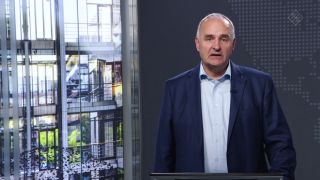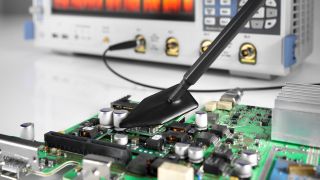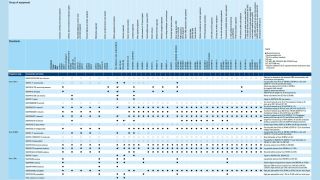Testing for ISO standards
The International Organization for Standardization (ISO) is another organization that develops a wide array of standards across industries to promote international trade and ensure product safety. ISO recognizes IEC standards and vice versa, helping to create a cohesive global standardization landscape. The two organizations harmonize their standards to avoid duplication of efforts and ensure consistency.
When it comes to EMC, ISO is prominently involved in specific sectors, with a significant focus on the automotive industry. EMC standards for the automotive industry are constantly changing, driven by new requirements, applications and technologies. Key ISO EMC standards for automotive applications include:
- ISO 11452 series: ensures immunity of automotive electronic components to radiated electromagnetic fields
- ISO 7637 series: addresses electrical disturbances from conduction and coupling on vehicles buses
- ISO 10605: specifies testing methods for electrical disturbances from electrostatic discharge (ESD) in vehicles
These standards ensure that automotive electronics, such as infotainment systems, sensors and control units, operate reliably in real-world driving conditions.
While ISO EMC standards are focused on the automotive sector, it also addresses EMC requirements in other industries through specialized standards or by collaborating with other standardization bodies like IEC. For example, ISO EMC standards also cover medical applications:
- ISO 14117: specifies test protocols for active implantable cardiovascular devices (e.g., implantable cardioverter defibrillators and cardiac resynchronization devices)
- IEC 60601 series: developed in collaboration with IEC to address the safety and essential performance of medical electrical equipment, including EMC requirements to ensure that devices operate safely without electromagnetic interference affecting their functionality
Reach out to learn more about how we can help you comply with ISO standards.






